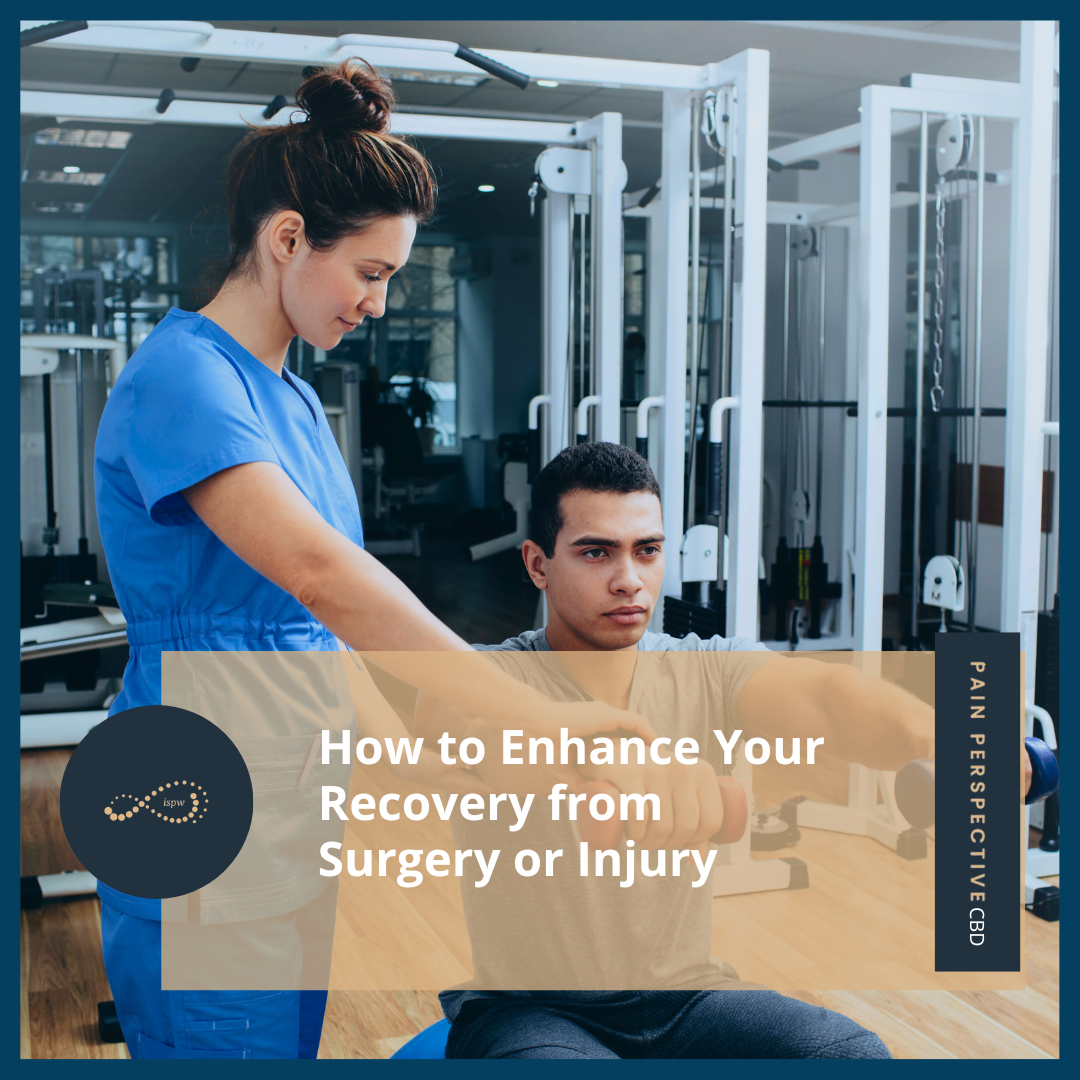
Recovering from surgery or injury is a challenging process. Whether it’s managing post-operative pain, reducing inflammation, or regaining strength, the road to recovery often feels slow and frustrating. The discomfort and restrictions on your daily life can take a toll, both physically and emotionally.
While conventional recovery methods like physical therapy, medications, and rest are essential, many people are exploring additional ways to accelerate healing and reduce pain naturally. This article will delve into effective strategies to support your recovery, help you regain mobility, and get back to doing the things you love.
What Happens During Recovery?
The recovery process is your body’s way of healing itself. After surgery or injury, the body activates a repair system that includes:
- Inflammation: Swelling and redness are natural responses that protect the injured area and promote healing. However, prolonged or excessive inflammation can delay recovery and increase discomfort.
- Tissue Regeneration: Your body works to repair or replace damaged tissues, which requires energy, nutrients, and time.
- Pain Management: Pain is your body’s way of signaling that it needs rest, but chronic or severe pain can interfere with recovery by limiting your mobility and energy.
- Rehabilitation: Physical therapy or gentle movement helps rebuild strength and flexibility, essential for a full recovery.
Natural Strategies to Support Recovery
Healing is a holistic process. While medications and treatments prescribed by your healthcare provider play a critical role, combining them with natural approaches can optimize your recovery:
1. Focus on an Anti-Inflammatory Diet
○ Certain foods can reduce inflammation and provide your body with the nutrients it needs for tissue repair:
- Leafy Greens: Spinach, kale, and broccoli are packed with antioxidants.
- Fatty Fish: Salmon and mackerel are rich in omega-3 fatty acids, which fight inflammation.
- Vitamin C-Rich Foods: Oranges, strawberries, and bell peppers support collagen production for wound healing.
- Whole Grains and Nuts: These provide energy and essential minerals like zinc, which aid in recovery.
2. Stay Hydrated
○ Proper hydration supports circulation, which is essential for delivering oxygen and nutrients to damaged tissues.
3. Gentle Movement and Physical Therapy
○ Once cleared by your doctor, light exercises can improve blood flow, reduce stiffness, and prevent scar tissue buildup.
○ Stretching and guided physical therapy help rebuild flexibility and strength, preventing long-term mobility issues.
4. Prioritize Rest and Sleep
○ Your body does its best healing while you sleep. Aim for 7–9 hours of quality sleep per night to promote cell repair and regeneration.
○ Create a calming bedtime routine to ensure your sleep is restful, even if pain or discomfort makes it hard to relax.
Managing Post-Operative Pain Naturally
Pain management is a cornerstone of recovery. While medications like NSAIDs or opioids are commonly used, there are additional ways to address pain without relying solely on pharmaceuticals:
1. Cold Therapy
○ Applying ice packs to the affected area can reduce swelling and numb pain during the initial recovery stages.
2. Heat Therapy
○ Heat packs or warm baths help ease muscle tension and promote blood flow once the acute swelling has subsided.
3. Topical Pain Relievers
○ Creams or ointments with natural ingredients like arnica or menthol can provide localized relief.
4. Mind-Body Practices
○ Techniques like deep breathing, meditation, or visualization can help manage the emotional toll of pain, keeping stress and discomfort at bay.
Mental and Emotional Recovery
Recovery isn’t just physical—it’s an emotional journey too. Dealing with limited mobility, dependence on others, or prolonged discomfort can take a toll on your mental health. Taking steps to support your emotional well-being can make the recovery process smoother:
- Set Realistic Expectations: Healing takes time, and progress may not always be linear. Celebrate small milestones to stay motivated.
- Lean on Your Support System: Friends, family, or support groups can provide encouragement and practical help.
- Practice Gratitude: Focusing on progress, no matter how small, can help shift your mindset from frustration to hope.
Imagine a Smoother Recovery
Picture yourself moving with ease, pain subsiding as your body regains its strength. Recovery doesn’t have to be a frustrating experience—it can be an opportunity to reconnect with your body and build habits that promote long-term health.
By focusing on nourishing foods, gentle movement, rest, and emotional balance, you can give your body the best chance to heal efficiently and fully.
Disclaimer: This article is for informational purposes only and does not constitute medical advice. Always follow your healthcare provider’s recommendations for post-operative or injury recovery, and consult them before making any changes to your recovery plan.
